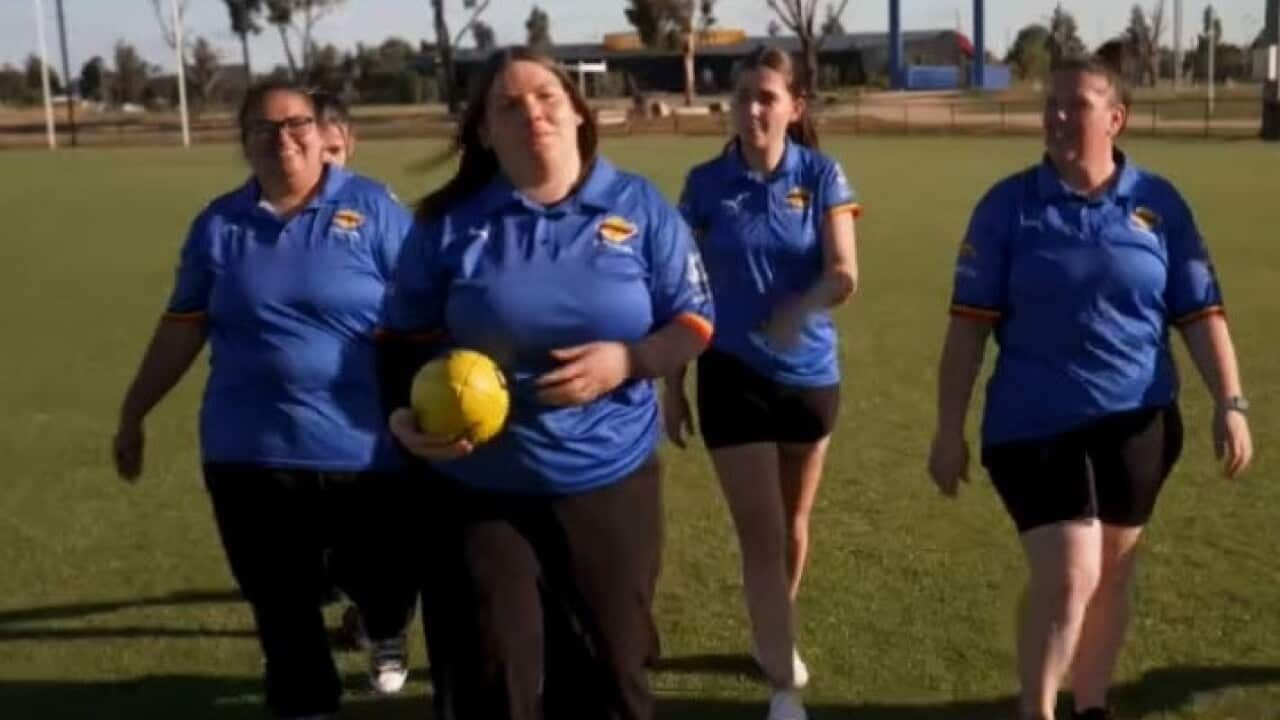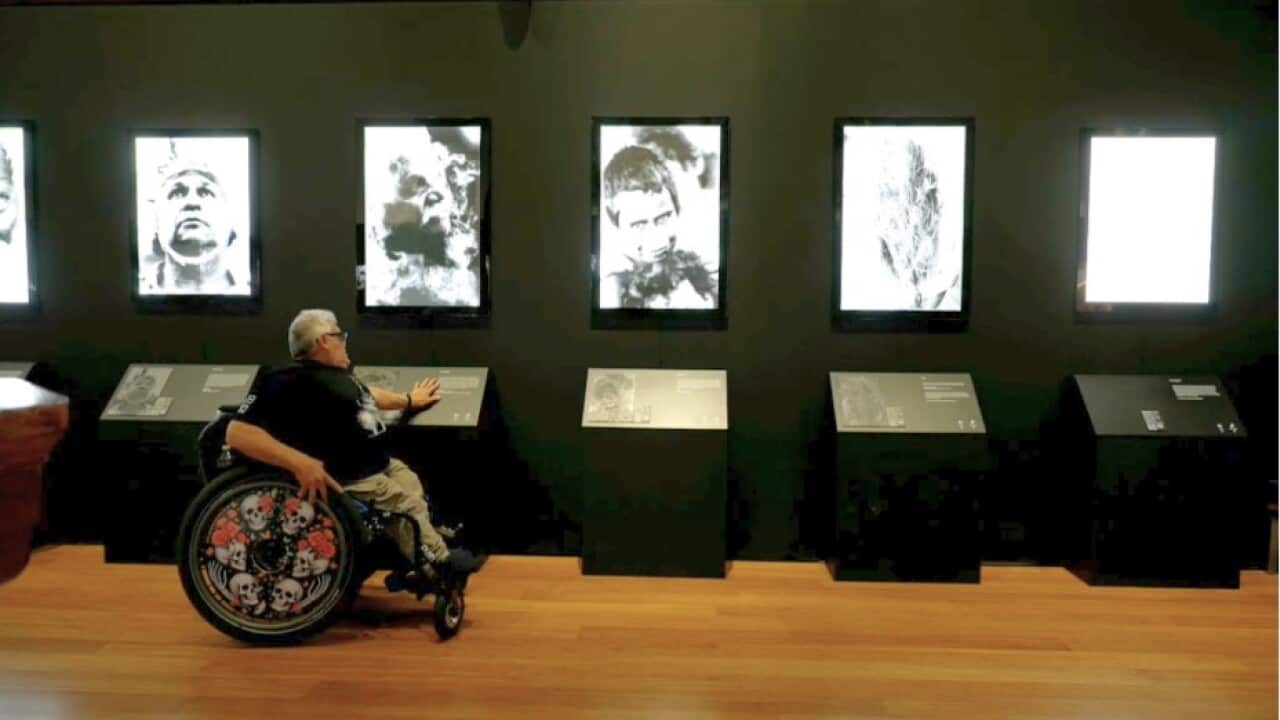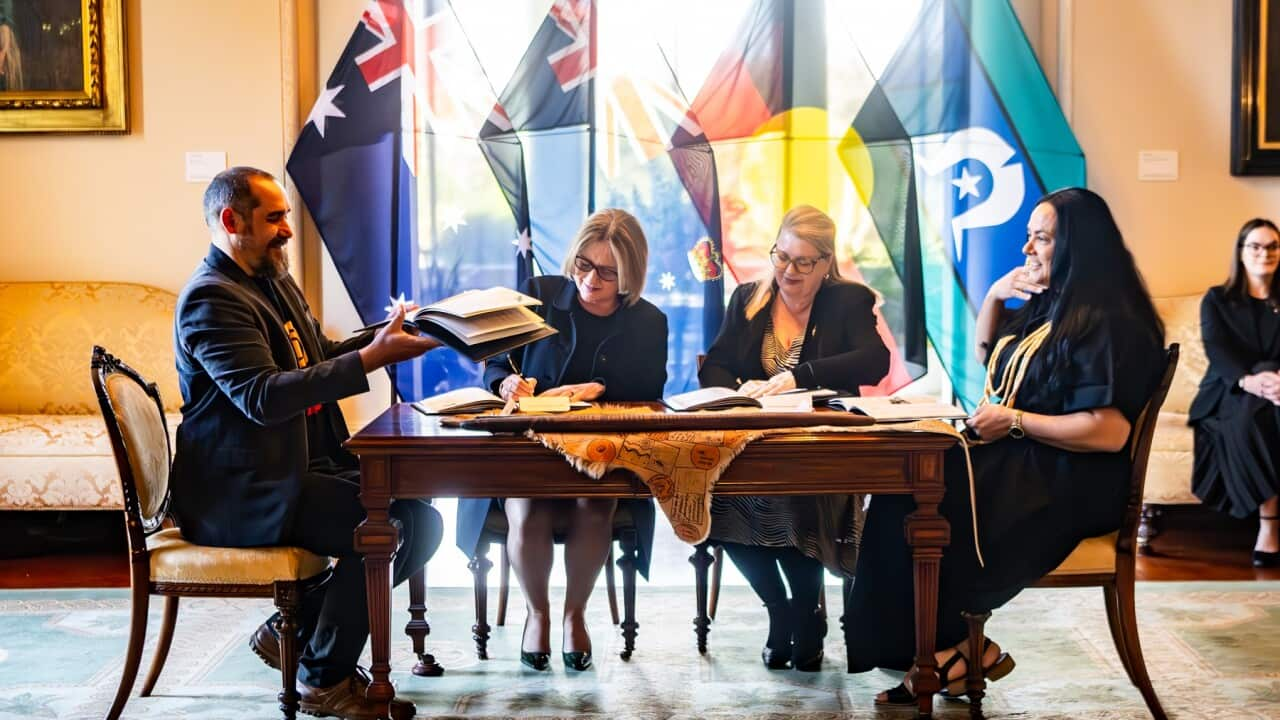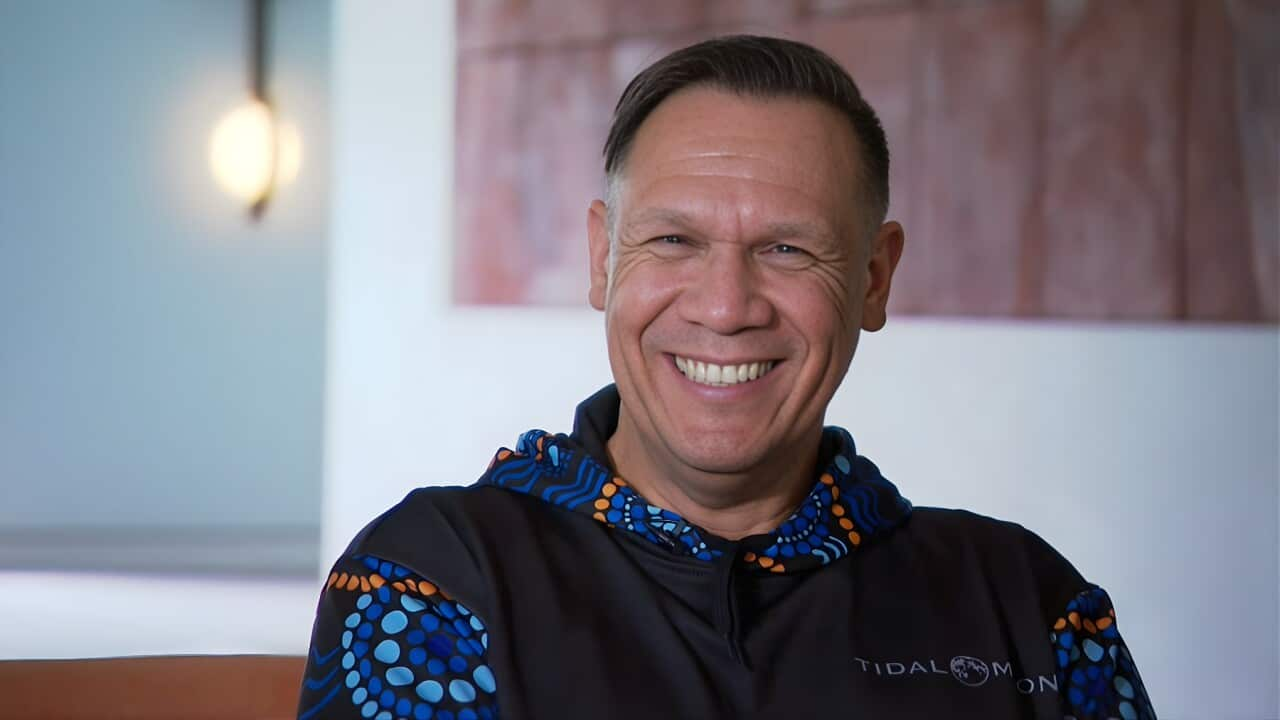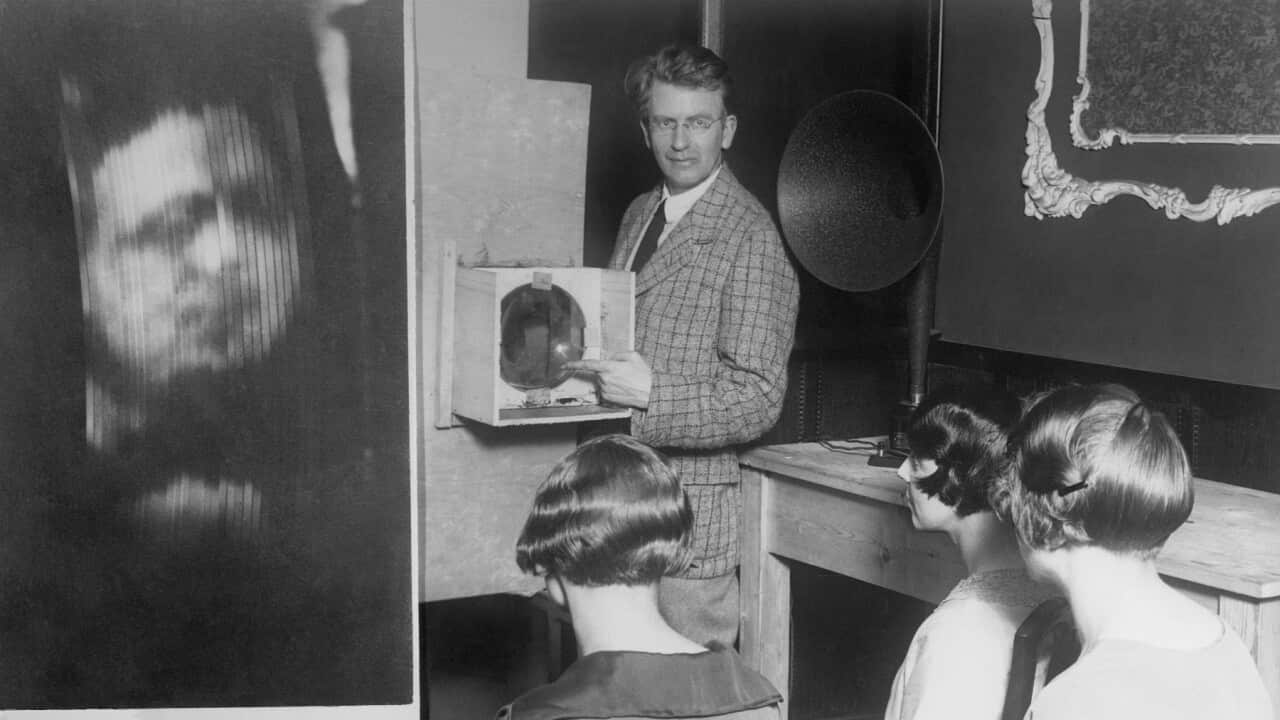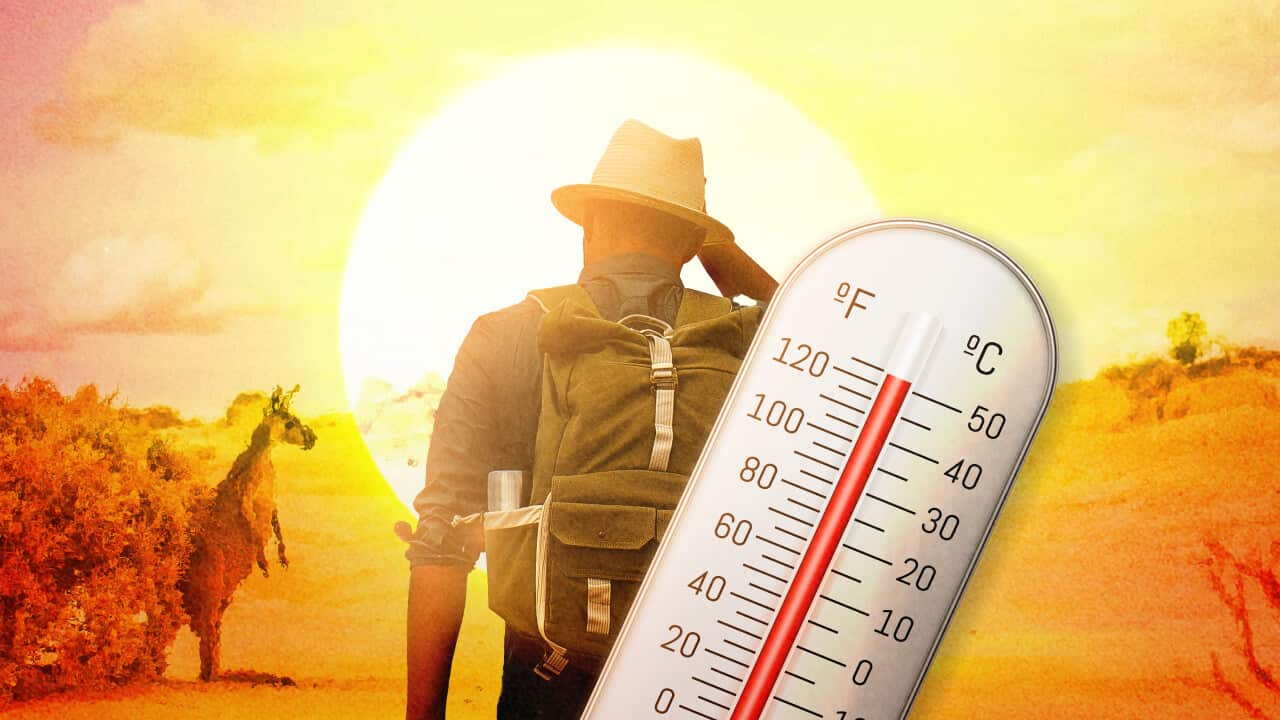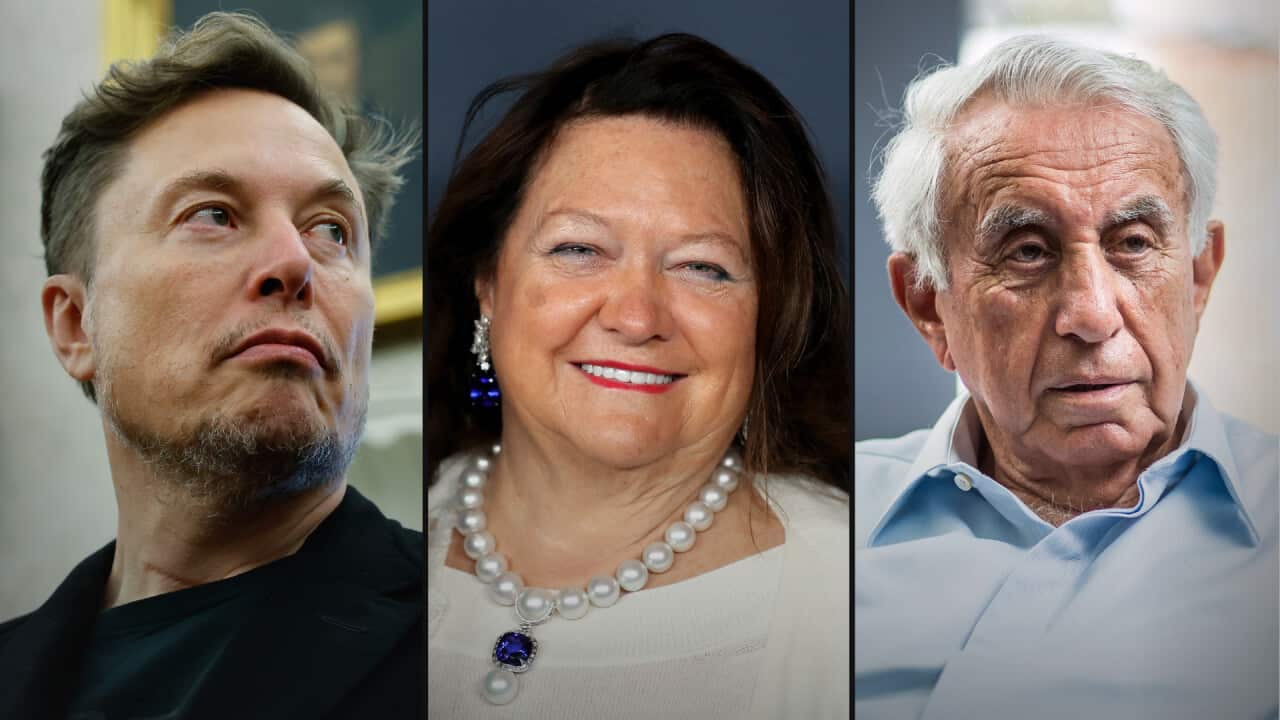Listen to Australian and world news and follow trending topics with SBS News Podcasts.
TRANSCRIPT:
As a First Nations community-led sporting club with a rich history, Rumbalara is where April Le Sueur hangs out, even when she was just a baby.
"I've been a part of this club since I was a baby, a baby 1 year-old running around, being babysat by everyone around here."
The 24-year-old used to play netball and Australian football at the club, but a back injury is keeping her off the field.
Instead of staying away, Le Sueur chose to stay involved another way.
She became a volunteer there, helping with errands so others can focus on the sports.
She's now a board member at Rumbalara, and also the chair of the women's football community and the women's football team manager.
"I like knowing what's running down on a Sunday and being able to control a few things otherwise I'm worried it won't get done."
This weekend, Le Sueur will be receiving the 2025 National Aboriginal and Torres Strait Islander Sport Award, or the NATSI Sport Award, after becoming the AFL Young Leader of the Year .
Coming along with the award is a brand new car, which means she now faces new requests from her friends at the club.
"I've been in it but she hasn't given me a lift to training in it yet but it's nice you'll have to get her to now."
But besides the jokes, Le Sueur's peers say they are grateful for the volunteering work she's done for the team.
"I'm just really grateful for April. I haven't been playing footy for that long / and if it wasn't for her encouraging me to a skill level I probably wouldn't be here."
Shonelle Ritchie is the secretary of Rumbalara.
She praises Le Sueur's young leadership in the club.
"She's amongst her peers and community and is now coming into the space as one of our young leaders."
Rumbalara's history can be traced back to the 1800s.
Ms Ritchie says the sports club has become an important place for the First Nations community.
“It's so important to have this place - it's our meeting ground basically where we can come and connect.”
April Le Sueur agrees.
"Rumba is a second home for a lot of blackfellas in the community, they come out here and they are automatically welcomed, because they are playing with family."
